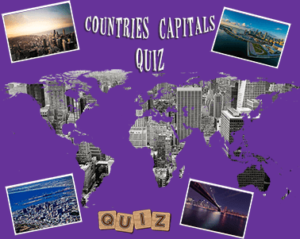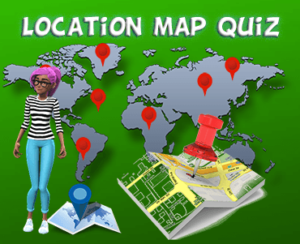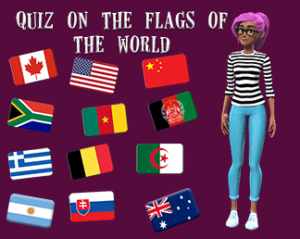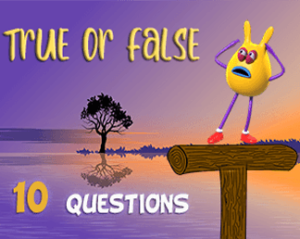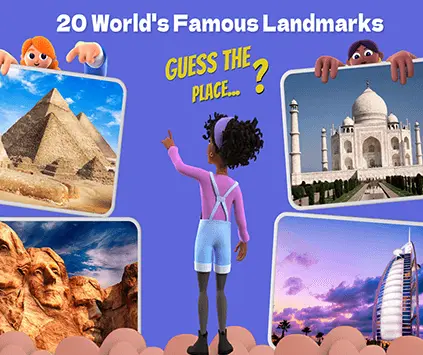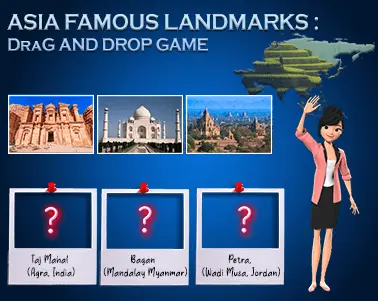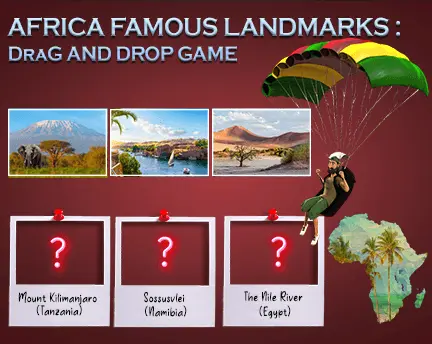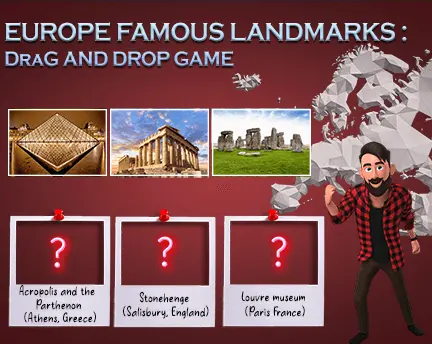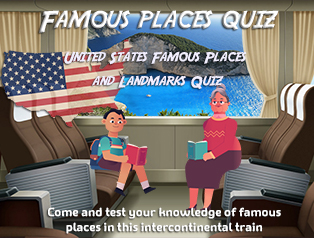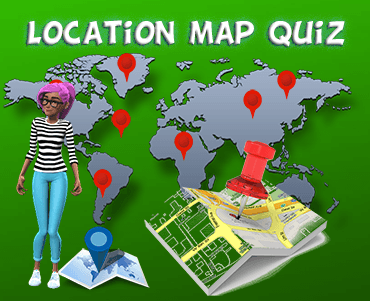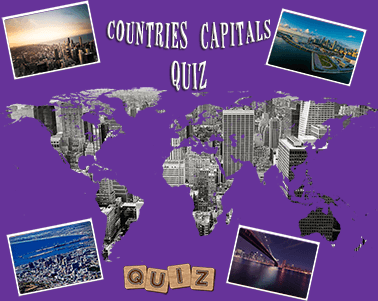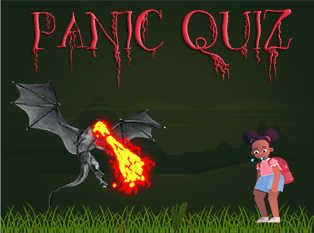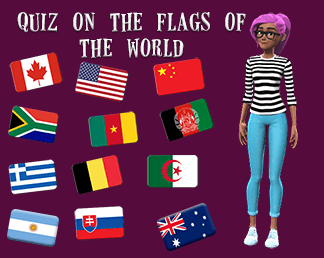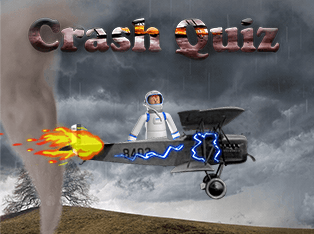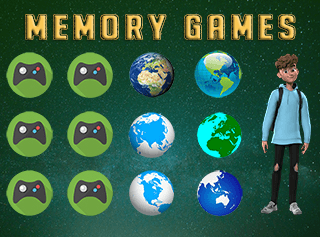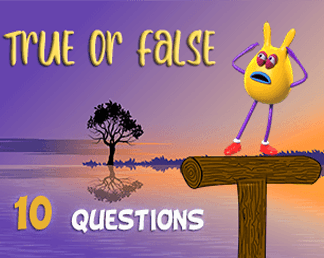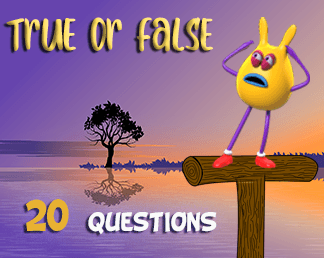Test Your Knowledge: How Well Do You Know the Middle East? Take Our Ultimate Quiz!
Are you ready to put your knowledge of the Middle East to the test? Look no further! Our ultimate quiz is here to challenge your understanding of this fascinating and historically rich region. From its ancient civilizations and cultural diversity to its modern-day politics and iconic landmarks, the Middle East is a treasure trove of captivating facts and intriguing complexities. Whether you’re an avid traveler, a history enthusiast, or simply curious about the world, this quiz is designed to entertain and educate. Get ready to embark on a virtual journey through the Middle East, as you answer questions that cover a wide range of topics, including geography, history, religion, and more. So, gather your wits and dive into the quiz that will truly put your knowledge of the Middle East to the ultimate test!
Geography of the Middle Eastern region
The Middle East is a transcontinental region located mainly in Western Asia, with a smaller portion in North Africa. It is bordered by the Mediterranean Sea to the west, the Indian Ocean to the south, and the Caspian Sea and Black Sea to the north. The region is known for its diverse geography, ranging from deserts and mountains to fertile plains and coastlines. It encompasses countries such as Saudi Arabia, Iran, Iraq, Egypt, and Jordan.
One of the most iconic geographical features of the Middle East is the Arabian Desert, which spans across multiple countries and covers a vast area. This desert is known for its vast stretches of sand dunes, extreme temperatures, and unique wildlife. Another notable landmark is the Dead Sea, a saltwater lake bordered by Jordan to the east and Israel and Palestine to the west. It is famous for its high salt content, which allows swimmers to effortlessly float on its surface.
The Middle Eastern is also home to the Tigris and Euphrates rivers, which have played a crucial role in the development of ancient civilizations. These rivers have provided fertile land for agriculture, as well as a means of transportation and trade. Additionally, the region is known for its vast oil reserves, making it a significant player in the global energy market.
Related games
You might also like
Historical Background of the Middle East
The Middle East has a rich and complex history that dates back thousands of years. It is widely regarded as the birthplace of civilization, with ancient Mesopotamia (modern-day Iraq) being one of the oldest known civilizations in the world. The region has been influenced by various empires and dynasties, including the Babylonians, Persians, Greeks, Romans, and Ottomans.
One of the most significant historical events in the Middle East is the rise of Islam in the 7th century. The Prophet Muhammad, who was born in Mecca (now in Saudi Arabia), founded the Islamic faith, which quickly spread throughout the region and beyond. The Islamic Golden Age, which lasted from the 8th to the 14th century, saw significant advancements in science, mathematics, medicine, and philosophy.
The Middle East has also been marked by periods of conflict and turmoil. The Crusades, a series of holy wars between Christians and Muslims, left a lasting impact on the region. The fall of the Ottoman Empire in the early 20th century led to the redrawing of borders and the establishment of modern nation-states in the Middle East.
Culture and Traditions of the Middle Eastern Countries
The Middle East is known for its rich cultural heritage and diverse traditions. The region is home to numerous ethnic groups, each with its own unique customs and practices. Arabic is the most widely spoken language in the Middle East, although there are several other languages spoken by various communities.
Hospitality is an integral part of Middle Eastern culture. Visitors are often welcomed with open arms and treated to delicious meals and traditional tea. Middle Eastern cuisine is renowned for its flavorful spices, aromatic herbs, and unique dishes like hummus, falafel, and kebabs. Music and dance are also essential aspects of Middle Eastern culture, with traditional instruments like the oud and darbuka being commonly used.
Religion plays a significant role in the lives of many people in the Middle East. Islam is the predominant religion, with the majority of the population being Muslims. However, the region is also home to significant populations of Christians, Jews, and other religious groups. Mosques, churches, and synagogues can be found throughout the Middle East, each representing the religious diversity of the region.
Major Religions in the Middle East
The Middle East is often referred to as the cradle of civilization, and it is home to several major religions that have shaped the course of history. Islam, Christianity, and Judaism are the three primary religions in the region, each with its own unique beliefs and practices.
Islam is the dominant religion in the Middle East, with the majority of the population being Muslims. Muslims believe in the teachings of the Prophet Muhammad, as revealed in the holy book of Islam, the Quran. The two main branches of Islam are Sunni and Shia, with Sunnis comprising the majority of Muslims in the Middle East.
Christianity also has a significant presence in the Middle East, particularly in countries like Egypt, Lebanon, and Syria. The region is home to various Christian denominations, including Orthodox, Catholic, and Protestant. The city of Jerusalem holds great religious significance for Christians, as it is believed to be the birthplace of Jesus Christ.
Judaism, the oldest monotheistic religion, originated in the Middle East and is closely tied to the history of the region. Jews consider Jerusalem to be their holiest city, with the Western Wall being one of their most sacred sites.
Political Landscape of the Middle East
The political landscape of the Middle East is complex and constantly evolving. The region is characterized by a mix of monarchies, republics, and theocracies, each with its own unique political system. Some countries, such as Saudi Arabia and Jordan, are ruled by monarchies, while others, like Iran and Turkey, have a republic form of government.
The Middle Eastern has been plagued by conflicts and tensions for many years, with various factors contributing to the instability in the region. Issues such as territorial disputes, religious differences, and economic inequality have all played a role in shaping the political landscape of the Middle East. The Israeli-Palestinian conflict, for example, has been a longstanding issue that has garnered international attention and sparked numerous debates.
The influence of external powers, such as the United States, Russia, and European countries, has also had a significant impact on the political dynamics of the Middle East. The region’s strategic location and abundant natural resources make it a focal point of global politics and international relations.
Economy of the Middle East
The Middle East is known for its vast reserves of oil and natural gas, making it one of the wealthiest regions in the world. Oil production and exportation have been the backbone of many Middle Eastern economies, providing significant revenue and driving economic growth. Countries like Saudi Arabia, Iran, and the United Arab Emirates are major players in the global oil market.
In addition to oil, the Middle East has a diverse range of industries and sectors. Tourism, for example, is a vital source of income for countries like Egypt, Jordan, and Turkey, which boast rich historical sites and natural wonders. The region is also involved in trade and commerce, with cities like Dubai and Doha serving as major business hubs.
However, the Middle East also faces economic challenges, including high unemployment rates, income inequality, and a heavy reliance on oil revenue. Some countries in the region have made efforts to diversify their economies and reduce their dependence on oil, focusing on sectors such as technology, finance, and renewable energy.
Famous Landmarks in the Middle East
The Middle East is home to many iconic landmarks and attractions that draw visitors from all over the world. These landmarks showcase the region’s rich history, architectural marvels, and natural beauty.
One of the most famous landmarks in the Middle East is the Great Pyramids of Giza in Egypt. These ancient structures, built thousands of years ago, continue to astound visitors with their grandeur and mystery. The Pyramids of Giza are one of the Seven Wonders of the Ancient World and are a testament to the advanced engineering skills of the ancient Egyptians.
Another renowned landmark is Petra in Jordan. This ancient city, carved into the rock face, is a UNESCO World Heritage Site and a symbol of Jordan’s rich history and culture. The Treasury, a stunning temple carved into the sandstone, is one of the most famous structures in Petra.
The Burj Khalifa in Dubai is another notable landmark in the Middle East. As the tallest building in the world, it stands as a testament to the region’s modern architecture and engineering achievements. Visitors can enjoy breathtaking views of Dubai from the observation deck on the 148th floor.
Middle East in Popular Culture
The Middle East has had a significant influence on popular culture, both in the region and globally. The region’s rich history, vibrant traditions, and diverse cultural heritage have inspired countless books, movies, music, and art.
One of the most well-known examples of Middle Eastern influence in popular culture is Arabian Nights, also known as One Thousand and One Nights. This collection of folk tales, originating from the Middle East, has captivated readers and inspired adaptations in various forms of media.
In the world of music, Middle Eastern sounds and instruments have been incorporated into various genres, adding a unique flavor to the global music scene. Artists like Fairuz, Umm Kulthum, and Rahat Fateh Ali Khan have gained international acclaim for their captivating voices and distinct musical styles.
The Middle East has also been a backdrop for many movies and television shows, with its scenic landscapes and rich cultural tapestry providing a visually stunning setting. From Lawrence of Arabia to Aladdin, these films have brought the allure and mystique of the Middle East to audiences around the world.
The Ultimate Middle East Quiz: Test Your Knowledge
Now that you’ve learned about the geography, history, culture, and more of the Middle East, it’s time to put your knowledge to the test with our ultimate quiz! This quiz will challenge your understanding of the region and its complexities, covering a wide range of topics, from ancient civilizations to modern-day politics.
The quiz consists of multiple-choice questions that will test your knowledge and keep you engaged. Each question is designed to provide a fun and educational experience, allowing you to learn even more about the Middle East as you answer.
Are you ready to take on the challenge? Click the link below to start the quiz and see how well you truly know the Middle East!
Conclusion and Scoring
Congratulations on completing the ultimate Middle East quiz! We hope you enjoyed the journey through the fascinating and historically rich region. Now it’s time to see how well you did.

